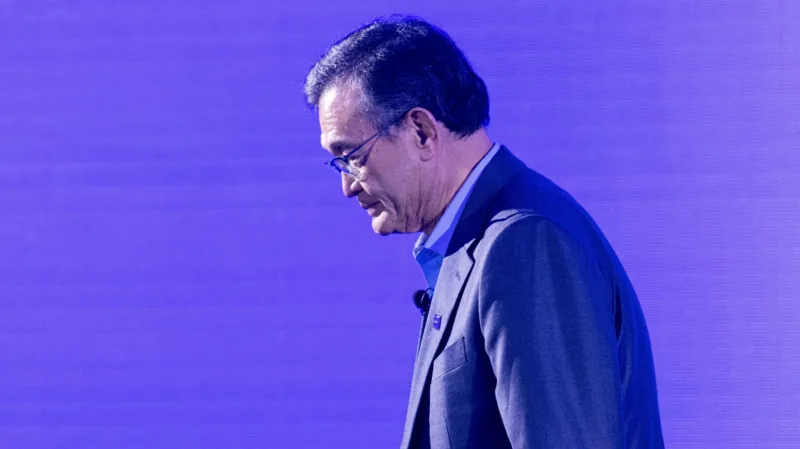U.S. President Donald Trump has called for the immediate resignation of Intel CEO Lip-Bu Tan, alleging that the tech executive is “highly conflicted” due to investments linked to Chinese companies, some of which Washington claims have ties to China’s military.
In a post on social media, Trump said there was “no other solution” than for Tan to step down, amplifying concerns first raised by Republican Senator Tom Cotton. Cotton had written to Intel’s board questioning whether Tan could be a “responsible steward” of billions in U.S. taxpayer dollars granted to the firm under efforts to revive domestic semiconductor manufacturing.
Tan, a naturalised U.S. citizen born in Malaysia and raised in Singapore, is a well-known figure in the semiconductor sector and a veteran venture capitalist. He took over Intel’s leadership in March, tasked with turning around the struggling chipmaker. The company, once a pioneer in U.S. chip innovation, has faced increasing competition from rivals and has already announced thousands of layoffs this year as part of restructuring.
The controversy stems partly from Tan’s previous role leading Cadence Design Systems, which in July agreed to pay $140 million over violations of U.S. export controls by a Chinese subsidiary. While Tan was not personally indicted, his long history of investments—highlighted in a 2024 congressional report and a Reuters investigation includes stakes in hundreds of Chinese companies, some linked to military institutions.
Intel defended Tan, stating that both the CEO and the company are “deeply committed to the national security of the U.S. and the integrity of our role in the U.S. defense ecosystem.” The company also emphasized that it is investing heavily in domestic manufacturing, in line with Trump’s “America First” economic agenda.
Industry analysts suggest Trump’s attack may be part of a broader effort to pressure Intel over other matters, including potential investment decisions and reported White House-backed partnerships with Taiwan’s TSMC. Patrick Moorhead of Moor Insights & Strategy said the dispute may have arisen from negotiations that “Trump didn’t like,” leading him to “turn up the heat” on the company.
The public clash adds uncertainty to Intel’s turnaround plans, with experts warning that leadership instability could hamper America’s ambitions to rebuild its semiconductor capacity amid intensifying U.S.-China technology tensions.

